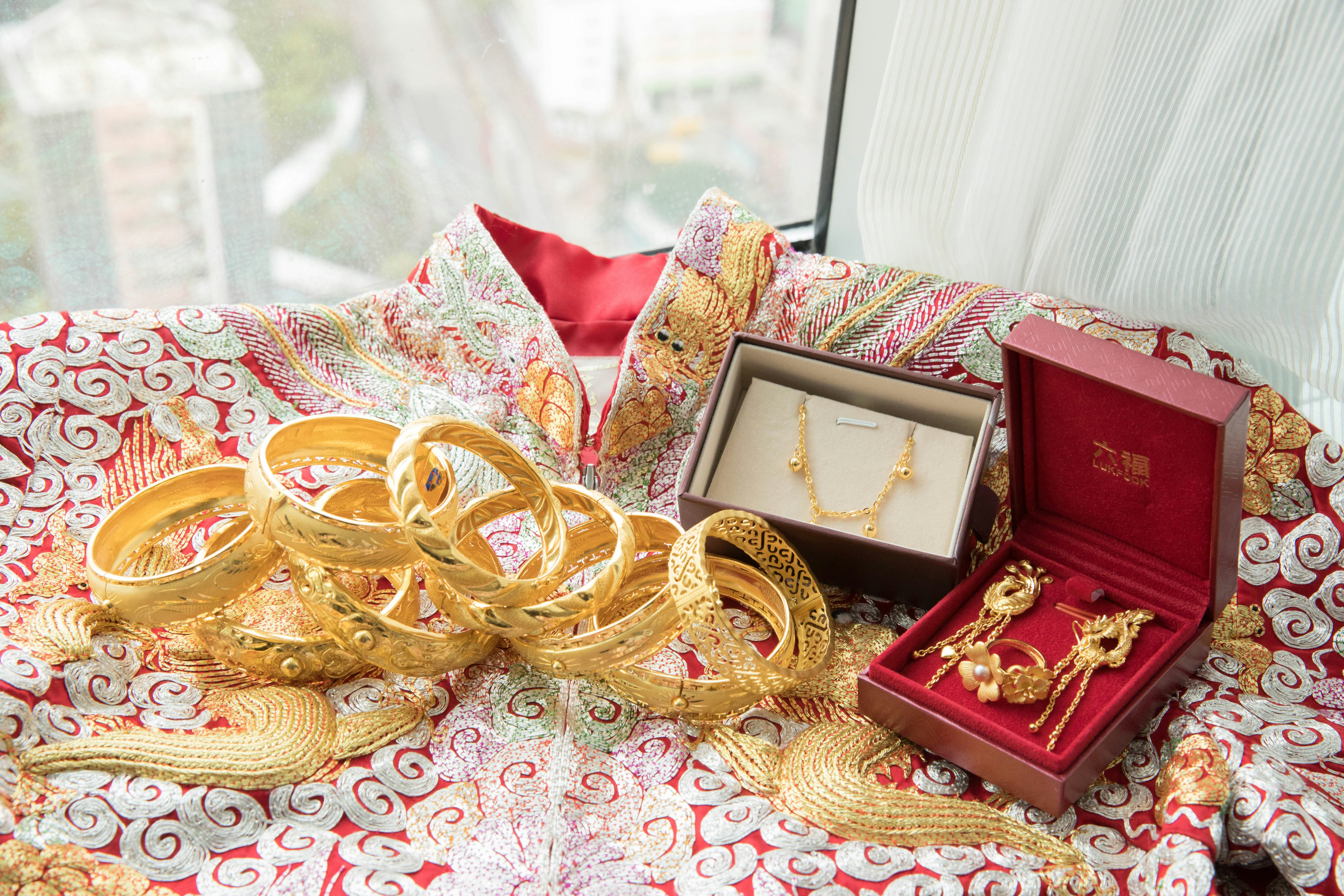Discover the Future of Diamonds in Surat
Sonani Jewels has opened the world’s largest lab grown diamond jewellery store in Surat, India’s diamond capital. Spread across 18,000 sq. ft., the showroom blends craftsmanship, sustainability, and innovation. As a result, Surat now offers shoppers a modern space to explore ethical luxury. Moreover, the store highlights the city’s growing role in lab grown diamonds.
For readers exploring jewellery basics, see our guide on 24K, 22K, 18K: What Every Malayali Gold Buyer Must Know.
Why Surat Leads the Diamond World
Surat is known for polishing 90% of the world’s natural diamonds (GJEPC), making it a global hub for diamond excellence. Therefore, it is no surprise that Sonani Jewels chose this city for its flagship showroom. In addition, Surat’s artisans are now applying their skills to lab-grown diamonds. Similarly, the city’s growing demand for sustainable jewellery makes it the ideal location. However, few stores match Sonani Jewels’ scale and innovation.
Shoppers can also review our article on Understanding BIS Hallmark before making jewellery purchases in India.
The Sonani Jewels Story
- 2015: Started producing lab grown diamonds with CVD technology
- 2017: Expanded into coloured and white diamonds
- 2021: Entered fine jewellery with in-house artisanship
- 2023: Reached global buyers through e-commerce
- 2025: Opened the world’s largest showroom in Surat
Founder Agastya Sonani explains:
“We believe diamonds should be ethical, accessible, and timeless. Today, this Surat showroom reflects our vision for the future.”
What Makes This Store Unique
- Wide collections – bridal, festive, and daily wear
- Custom design services – co-create with artisans
- Eco-friendly lab diamonds – sustainable, conflict-free
- IGI-certified diamonds (IGI Worldwide) – graded for quality and trust
Furthermore, every visitor can expect a transparent buying experience. Also, our knowledgeable consultants guide customers to select the perfect piece. Finally, anyone planning to buy lab grown diamond jewellery in Surat will find unmatched quality and service at Sonani Jewels.
FAQs
Q: Where is the world’s largest lab grown diamond jewellery store?
A: In Surat, India, opened by Sonani Jewels in 2025.
Q: Are the diamonds certified?
A: Yes, every diamond is IGI-certified for quality and trust.
Q: Can customers order custom jewellery?
A: Yes, Sonani Jewels offers design consultations for unique pieces.
Introduction
This Responsible Travel FAQ provides comprehensive answers to help you make ethical tourism choices.
Our guide covers eco-friendly accommodations, local community support, sustainable transportation, cultural respect, wildlife ethics, and ways to reduce waste.
Following these practices ensures your adventures benefit both destinations and travelers.
What is Responsible Travel and Why Does It Matter?
Responsible travel means making conscious choices that minimize negative impact while maximizing benefits for local communities and the environment.
Tourism generates $1.4 trillion annually but produces 8% of global carbon emissions.
Your travel decisions affect local economies, cultural preservation, and environmental conservation.
How Do I Choose Sustainable Accommodations?
Look for eco-certifications such as:
- Green Key
- LEED building standards
- EarthCheck approval
- Rainforest Alliance verification
Check if hotels use renewable energy, water-saving systems, and source food locally.
Ask about waste reduction programs and community involvement. Calling properties directly helps verify claims.
Transportation Options for Responsible Travel
- Train travel emits 80% less carbon than flying for similar distances.
- Choose direct flights when necessary and book economy class.
- Use public transport, bicycles, or walk instead of renting cars.
- Consider verified carbon offsets for unavoidable flights.
Supporting Local Economies
- Buy from locally-owned businesses instead of chains.
- Book community-based tours with local guides.
- Eat at family-owned restaurants with local ingredients.
- Stay in homestays or boutique hotels rather than international chains.
- Purchase authentic handicrafts fairly from artisans.
Packing Tips for Responsible Travel
- Reusable water bottle with filtration
- Solid toiletries to reduce plastic
- Reef-safe mineral sunscreen
- Reusable shopping bags
- Bamboo or metal utensils
- Portable laundry soap
Pack light and choose durable, multipurpose items.
Respecting Local Cultures
- Learn cultural customs, dress codes, and etiquette.
- Learn basic local phrases.
- Dress appropriately for religious and conservative areas.
- Ask permission before photographing people.
- Participate respectfully in cultural activities.
Ethical Wildlife Encounters
- Maintain safe distances and avoid feeding animals.
- Choose conservation-focused sanctuaries, not entertainment attractions.
- Avoid elephant rides, direct contact, or photo opportunities with captive animals.
- Use certified naturalist guides who prioritize welfare and habitat protection.
Reducing Waste During Travel
- Use reusable containers, bags, and utensils.
- Refuse single-use plastics.
- Choose digital tickets and receipts.
- Carry a small trash bag where disposal is limited.
Questions to Ask Tour Operators
- Are staff local and fairly paid?
- How does your business give back to communities?
- What environmental practices are in place?
- Are group sizes limited to reduce pressure on sensitive areas?
- Are wildlife experiences ethical and conservation-focused?
Money and Overtourism Practices
- Use local ATMs and tip according to local customs.
- Support social enterprises and cooperatives.
- Visit during shoulder seasons, off-peak hours, or lesser-known areas.
- Stay longer in fewer destinations.
Responsible Travel on a Budget
- Cook using local market ingredients.
- Use public transportation.
- Stay in local hostels, guesthouses, or homestays.
- Explore free cultural events or walking tours.
- Exchange skills or volunteer for free accommodation.
Pre-Travel Research
- Learn about environmental challenges and cultural sensitivities.
- Check seasonal weather and political situations.
- Identify local organizations to support.
- Read destination-specific responsible travel guides.
Creating a Positive Impact Post-Travel
- Share authentic stories on social media.
- Write detailed reviews for responsible businesses.
- Continue supporting local organizations.
- Apply sustainable practices in daily life.
- Recommend responsible travel to others.
Learn more:




